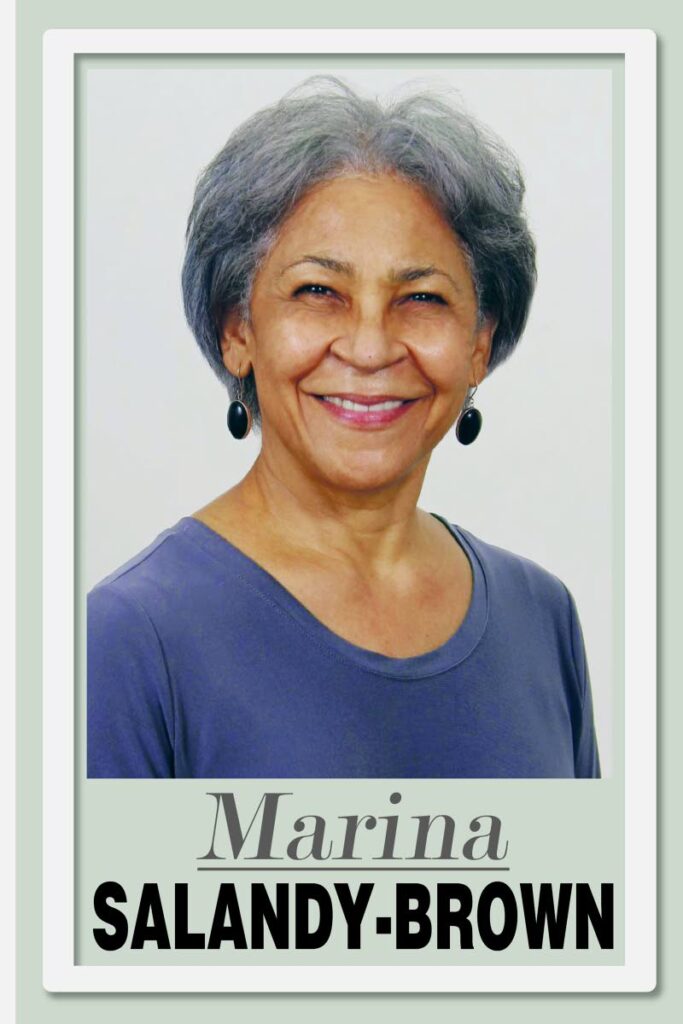Who wants to join the club?

At a probably quite heated two-hour private meeting of 1,500 members of one of the UK’s oldest and most exclusive gentlemen’s clubs, the Garrick, it was decided last week to open membership to women. Sixty per cent of those who took part voted to break with 193 years of tradition.
The Garrick is one of London’s several private, all-male, social clubs. Established typically by British upper class men starting in the 18th century, they have become bastions of traditional conservatism. The Garrick was very reluctant to modernise, but once subjected to media scrutiny for the sheer accumulated power of its influential members, from top politicians, publicly funded arts organisations heads and leading lawyers, to King Charles, its days of gender exclusivity were numbered. The head of the secret services, MI6, and also the head of the nearly 500,000-strong civil service felt obliged to terminate membership along with others whose professional roles were at odds with the implied class and gender-based advantage of Garrick membership.
The scrutiny was definitely about highlighting the ways in which powerful men still dominate the British establishment rather than just the elegant Garrick being a space for men only, which bothers few people. Forty per cent of members opposed the change but they faced the threat of 200 members resigning if women remained barred. It is an interesting development and it provokes a debate that many eagerly engage in, although it is a relatively small matter, given the huge problems the world faces.
Unscientific research among friends and acquaintances produced some broad agreement – women generally don’t want to join men’s clubs and they don't want men in theirs. Interestingly, the local chapter of the International Women’s Forum, to which I belong because it exists to support and promote the elevation of women to executive leadership, was where the least response emanated. That must be because many of them were setting off to New York for a world conference where hundreds, maybe more, of the most powerful women globally will congregate this week, from prime ministers to cosmonauts.
It is an extraordinary experience to be among countless accomplished women who nearly all have had to battle in order to advance in every discipline, from science and the arts, to politics and corporate leadership. The sheer gross intellectual power and resolve of the women there would challenge any traditional male club. Women know that together we cannot thrive if half the world’s population is not on board. Men have been able to ignore that fact till relatively recently, but women today are educated and equal in most respects and can contribute in every way. Some unreconstructed males find that uncomfortable.
I was pointed to a 2021 newspaper column by Vaneisa Baksh, who famously agitated for female membership of Queen's Park Cricket Club (QPCC) where, once admitted, she felt ill at ease. The takeaway is that we have to create our own institutions and focus on levelling the playing field, normalising relations. Most respondents agreed to unisex private clubs, but that there are clubs and clubs. Those like the Garrick symbolise men’s reluctance to share power and sustain the entrenched, nepotistic old boys’ network, and TT’s QPCC was worse – an acute source of active discrimination against women.
It controlled access to cricket – a national sport – and the male-exclusive Oval. Baksh, the cricket journalist, could not do her job which required access to that space, but non-member journalists could enter. QPCC also relegated women to poorer seating during test cricket matches. Unsurprisingly, some women rejected membership when it was allowed. As someone pointed out, and to compound the insult, women always exist in those exclusive male institutions – as cooks and cleaners. I am told that the once male-exclusive Trinidad Union Club eventually opened up to women after recognising that women were becoming dominant in business and culture and making greater contributions to sport and earning higher wages. The once all-male Rotary Club here in TT would not now function without its indefatigable women members. Female responders cite financial compulsion as another reason for both groups admitting women.
A critical question is why do clubs exist? Generally, we seek places where we can be who we are, which may well exclude others. Progressive males might complain but younger male respondents all speak of the need for places where lads can be lads, away from “judgemental women,” and younger women want more unisex spaces, away from the “male gaze.” Older males just want a place to ole talk. They cannot imagine women finding membership edifying.
Social clubs have their place, for psychological and cultural reasons, and are often based on shared interest – sports, hobbies or even as safe spaces for men or women to escape from family pressures, to mentor youngsters and to foster confidence in the genders, especially where a strong male or nurturing female presence is lacking. Of course, this will get complicated by the growing rejection of simple binary distinctions but, as was asserted, traditions can never justify discrimination, and gender based clubs can heighten unhealthy divisions within society even if they serve certain needs.

Comments
"Who wants to join the club?"